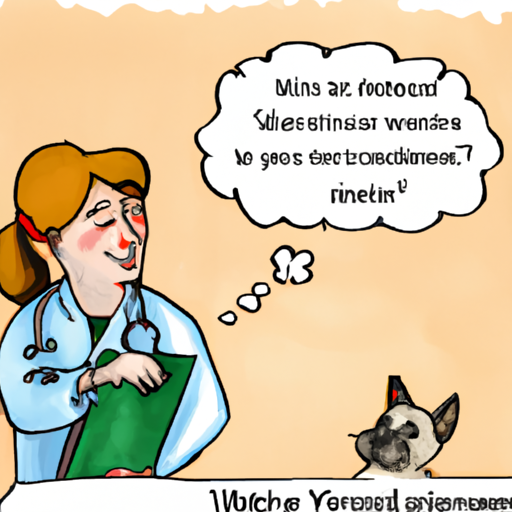Understanding The Process
Neutering, also known as castration, involves the removal of the reproductive organs of male dogs. This procedure is quite common and is often recommended by veterinarians for a variety of reasons. But how exactly does it happen?
Firstly, your dog will need to undergo a general health check. This is to ensure they are fit to be anesthetized and undergo surgery. Once deemed fit, they are put under general anesthesia. The testes are then removed through a small incision in the scrotum. The procedure is quick and straightforward, often taking less than an hour.
The Benefits of Neutering
When considering whether to neuter your dog, it’s essential to understand the benefits this procedure can offer.
- Behavioral Benefits: Neutering can help to reduce aggressive behavior, territorial marking, and the desire to roam in search of a mate.
- Health Benefits: Neutering can eliminate the risk of testicular cancer and greatly reduces the risk of prostate disorders.
- Population Control: With millions of dogs in shelters, neutering can help prevent unwanted litters and reduce the number of dogs without homes.
Potential Risks and Complications
Like any surgical procedure, neutering does carry some risks. While these are generally low, it’s important to be aware of them:
- Anesthetic risks: All surgery carries a risk associated with anesthesia. However, this is minimal in healthy dogs.
- Post-operative infection: As with any surgery, there’s a risk of infection. However, this risk is low and can be further minimized with proper post-operative care.
- Hormonal changes: Neutering does cause a change in hormone levels, which can lead to weight gain and changes in coat condition. However, these effects can be managed with proper diet and grooming.
Post-Operative Care
After the procedure, your dog will need some special care to ensure a smooth recovery:
- Limit physical activity: Try to keep your dog calm and restrict strenuous activity for at least a week post-surgery.
- Monitor the incision site: Check the incision site daily for signs of redness, swelling, or discharge.
- Prevent licking or scratching: Your dog might try to lick or scratch the incision site. Use a cone or special collar to prevent this.
The Cost of Neutering
The cost of neutering can vary greatly depending on the size of your dog, your location, and the specific veterinary clinic. Here’s a rough estimate to give you an idea:
| Dog Size | Cost |
|---|---|
| Small | $50 – $100 |
| Medium | $100 – $150 |
| Large | $150 – $300 |
Remember, many animal shelters and welfare organizations offer low-cost or even free neutering services, so be sure to explore all your options.
FAQs
Q: At what age should I neuter my dog?
A: Most vets recommend neutering between six and nine months, but it can be done at any age.
Q: Will neutering change my dog’s personality?
A: Neutering can reduce certain behaviors, but it won’t change your dog’s fundamental personality.
Q: How long does it take for a dog to recover from neutering?
A: Most dogs recover within two weeks, but this can vary depending on the dog’s age and overall health.
Q: Will neutering cause my dog to gain weight?
A: Neutering can lead to weight gain, but this can be controlled with a balanced diet and regular exercise.
Q: Can my dog still get an erection after being neutered?
A: Yes, it’s possible, but it will no longer result in reproduction.
Remember, it’s always best to consult with your vet if you have any questions or concerns about neutering your dog.



